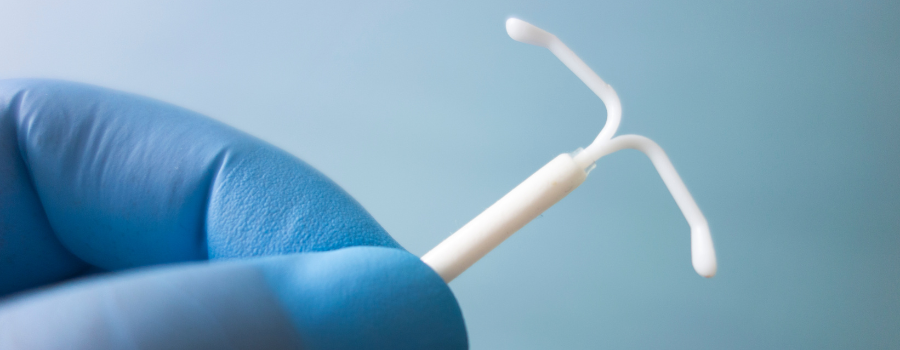
Mirena IUD and no period?
That's normal! For most women with a Mirena IUD, not having a period at all is actually the most common side effect. Typically, there is an adjustment phase when you first get a Mirena, and during this time, your period may be irregular, infrequent, or more like spotting. Usually after 6 months, your period goes away completely.
While not having a period is a great added benefit to convenient, reliable birth control, Mirena IUD is actually the only IUD FDA approved to treat heavy or painful periods. So, many women get a Mirena solely for those benefits!
Is it healthy to not have a period?
Having a period is not necessary and it is completely healthy for you to not have a period while you are using a type of birth control, like the Mirena, that causes it to stop.
As with other IUDs, studies show that a Mirena does not impact long-term fertility. When the device is removed, the body returns to its natural cycle within months.
How long until Mirena stops a period?
Periods rarely “stop immediately.” For the 20% of Mirena IUD patients who stop menstruating completely, the body takes a while to adjust.
Consider the following FDA data, which breaks down that 20% over time:

Overall, it is very common that women have some irregular spotting or bleeding while their body is adjusting to their new IUD, or sometimes even after their body adjusts.
Is spotting always harmless?
While spotting is often due to hormonal shifts and typically not a cause for concern, it can occasionally signal something more serious, like an STI or precancerous changes on your cervix. That's why it's important to visit us for a thorough annual exam—we'll help you stay on top of your preventive health and catch any potential issues early.
It is important to remember that we cannot say for sure without examining you, and every woman’s body is different. If you are ever having any symptoms that worry you, you should make an appointment for an exam right away. Call/Text us at (877) 883-7264 or book online!
Share This
Get Help Now